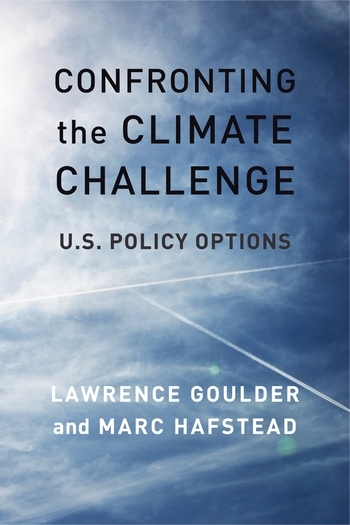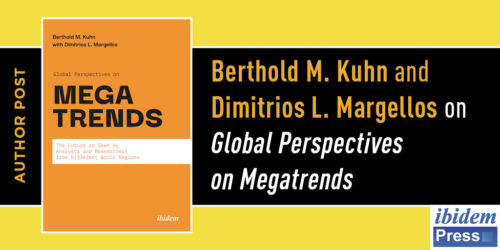Geoffrey Heal: Planetary Economics
“We have a nasty habit of destroying whatever doesn’t have a dollar sign in front of it. We need to recognize the value of natural assets beyond those that are easily monetized.” — Geoffrey Heal
The Rio+20 United Nations Conference on Sustainable Development took place last week in Brazil, offering a multinational forum for discussion on two themes: “(a) a green economy in the context of sustainable development poverty eradication; and (b) the institutional framework for sustainable development.” Geoffrey Heal, Donald C. Waite III Professor of Social Enterprise at Columbia Business School and author of When Principles Pay, Environmental Markets, and the forthcoming Whole Earth Economics among other works, gave the conference’s keynote address, which is now available via the Columbia Business School Ideas at Work page.
In his address, Heal claims that the multitude of man-made threats to our environment are “irrevocably changing the world around us for the worse, and in ways that will impose huge economic costs.” However, he offers hope for those who despair of our ability to solve these problems:
We have a tendency to throw up our hands in despair at these problems — they seem so all-encompassing and threatening, and so difficult to address. In fact this is wrong. All these problems are manifestations of a few easily remedied shortcomings in our economic system.
Heal advocates a series of four crucial economic fixes which he believes will help us to move towards sustainability:
Pay full costs, including external costs. Most important is our failure to insist that we pay the full costs of our activities. We generally do pay private costs, which include the cost of labor, buildings, and capital. But we rarely pay and are often oblivious to external costs…. The polluter pays principle — the idea that whoever produces pollution should pay for it — speaks to these issues.
Tightly define property rights. Another gap in our economic armory is our failure to define property rights for important environmental goods. Nowhere is this more important than with fisheries. Everyone’s property is no one’s property, the old adage says, and it’s right: fish stocks need to be managed, and to be managed they have to be someone’s responsibility — someone has to act like an owner.
Recognize the economic value of nature. Natural resources are immensely valuable to us. Sometimes this is obvious, as with oil or gas or gold or diamonds. But there are other resources that are in fact more important to us in the long run that the marketplace doesn’t currently value and economists and accountants don’t value either…. We have a nasty habit of destroying whatever doesn’t have a dollar sign in front of it. We need to recognize the value of natural assets beyond those that are easily monetized.
Move beyond GDP as a measure of economic performance. If we pollute and then spend money cleaning up, GDP rises. If we need to build sea walls to protect from rising sea levels, GDP rises. But if we deplete irreplaceable natural assets such as forests, there is no charge against GDP — as there would be under generally accepted accounting principles if a corporation depleted its capital assets. Clearly GDP sends the wrong signals.
1 Response
Leave a Reply
You must be logged in to post a comment.





Indeed, the world would be a better place if we’d choose all to work together and be moderated in our costs. But that would mean that all people should try to remain fair and do their job without even considering taking advantage of the other person.
It’s a nice idea..but how likely? Not to mention that we are so inclined to spend more, to want more, and we took huge credits and mortgages, and in reality we live in a constant debt..
It’s really terrifying where the world is going to nowadays.